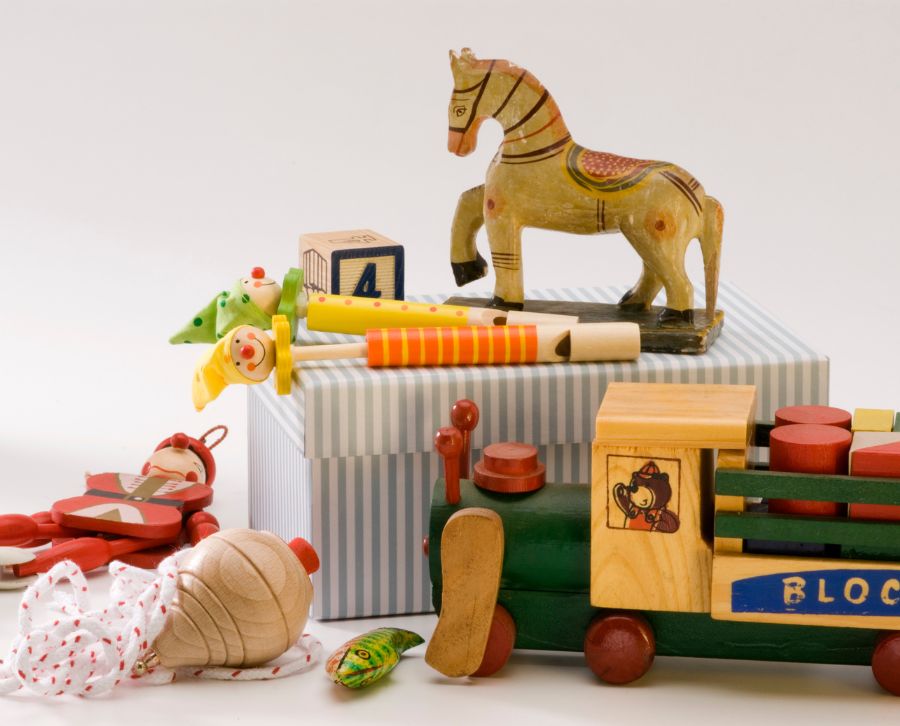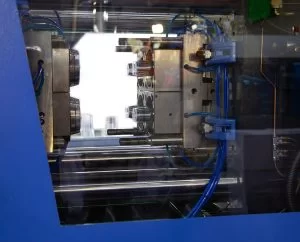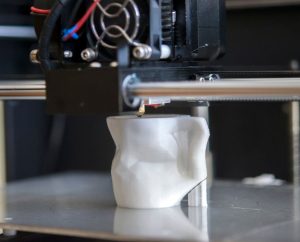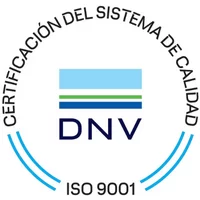It is undeniable that the toy manufacturing industry has a large environmental impact, as its production is massive and uses plastic as the main material.

In 2022, the Instituto Tecnológico del Producto Infantil y de Ocio (AIJU) conducted a survey on sustainability and toys in several European countries. Almost 3,000 families in Spain, Italy, Germany, France and the UK took part in this study, which yielded very revealing conclusions about the importance that consumers attach to sustainability when buying toys.
Consumers are increasingly demanding toys that have undergone sustainable production and manufacturers must meet this growing demand. The main challenge for toy manufacturers is to achieve the desired environmental balance without losing quality in the final product.
Presentation of the role of the toy manufacturing industry in the economy and society
The toy industry is important for the economy and society, thanks to the activity of the toy industry and its contribution in children’s development.
Spain has a long tradition in the toy sector, being the second largest European producer after Germany. In terms of Regiosn, Catalonia and the Valencian Community are two of the most important for the industry. The province of Alicante is the one with the highest concentration of toy factories in Spain.
In this sector, innovation, quality and the need to constantly meet new market demands, such as eco-friendly products, stand out. Sustainable and educational toys have good prospects for the future.
Therefore, it is essential that companies in this sector adopt sustainability criteria in their operations, in order to reduce their environmental impact. By implementing sustainable practices, toy companies would be contributing to the achievement of the UN Sustainable Development Goals for 2030, in particular with regard to responsible production and consumption.
Identifying opportunities in sustainable design and production
How can the toy industry achieve the sustainable goals demanded by buyers?
Thanks to innovation in manufacturing technology and materials, the toy sector has a great opportunity to address these challenges successfully. Here are some practices and implementations that are already being applied to the manufacturing of educational and entertainment products:
- Increase the use of recycled and biodegradable materials, mainly recycled plastics, paper, wood or eco-friendly fabrics.
- Optimising product design to minimise material use and facilitate recycling at the end of the product life cycle. For example, using fewer plastic parts or creating detachable toys.
- Apply eco-design principles to reduce the environmental impact of the product throughout its life cycle.
- Improve production processes to reduce energy consumption and waste generation, using more efficient injection moulding machines or sustainable 3D printing technology.
- Obtain sustainability certifications such as ISO 14001 or the EcoLabel, as an indication to consumers that they are buying a product that complies with environmental regulations in its manufacture.
These measures are some of the most effective in reducing the environmental impact of the toy industry. However, their implementation entails an initial financial investment and requires changes in production systems. Therefore, it is important to analyse what real benefits their adoption would bring to this industrial sector.
Benefits of sustainable development in toy manufacturing
In addition to the advantages for the environment, the implementation of sustainability criteria brings great benefits to toy manufacturers:
- Brands improve their image and reputation by meeting the demand of eco-conscious consumers.
- They also save costs by reducing the use of materials and energy.
- They can sell in large markets that value sustainability, such as the EU, but also in those to be added in the future.
- Adopting a sustainable attitude is a competitive advantage over less sustainable rivals.
- Compliance with environmental regulations.which are increasingly stringent.
- Employees are more motivated and aligned with the company’s culture as they feel their work has a positive impact.
Sustainability trends in the sector
Due to the sustainability-oriented changes that the toy sector is undergoing, new trends are emerging that are an opportunity to open up new product lines and increase sales:
- The use of recycled or natural fibres such as cotton in dolls and soft toys.
- FSC-certified wooden toys.
- Replacing traditional plastics with plant-based bioplastics.
- Creation of educational games on recycling and care for the planet.
- Awareness campaigns aimed at children and parents that generate new “believers” for the brand.
The toy industry is undergoing transformation at a faster pace than other industries. It is one of the sectors that stands to gain the most from adopting more sustainable development models.





 by
by